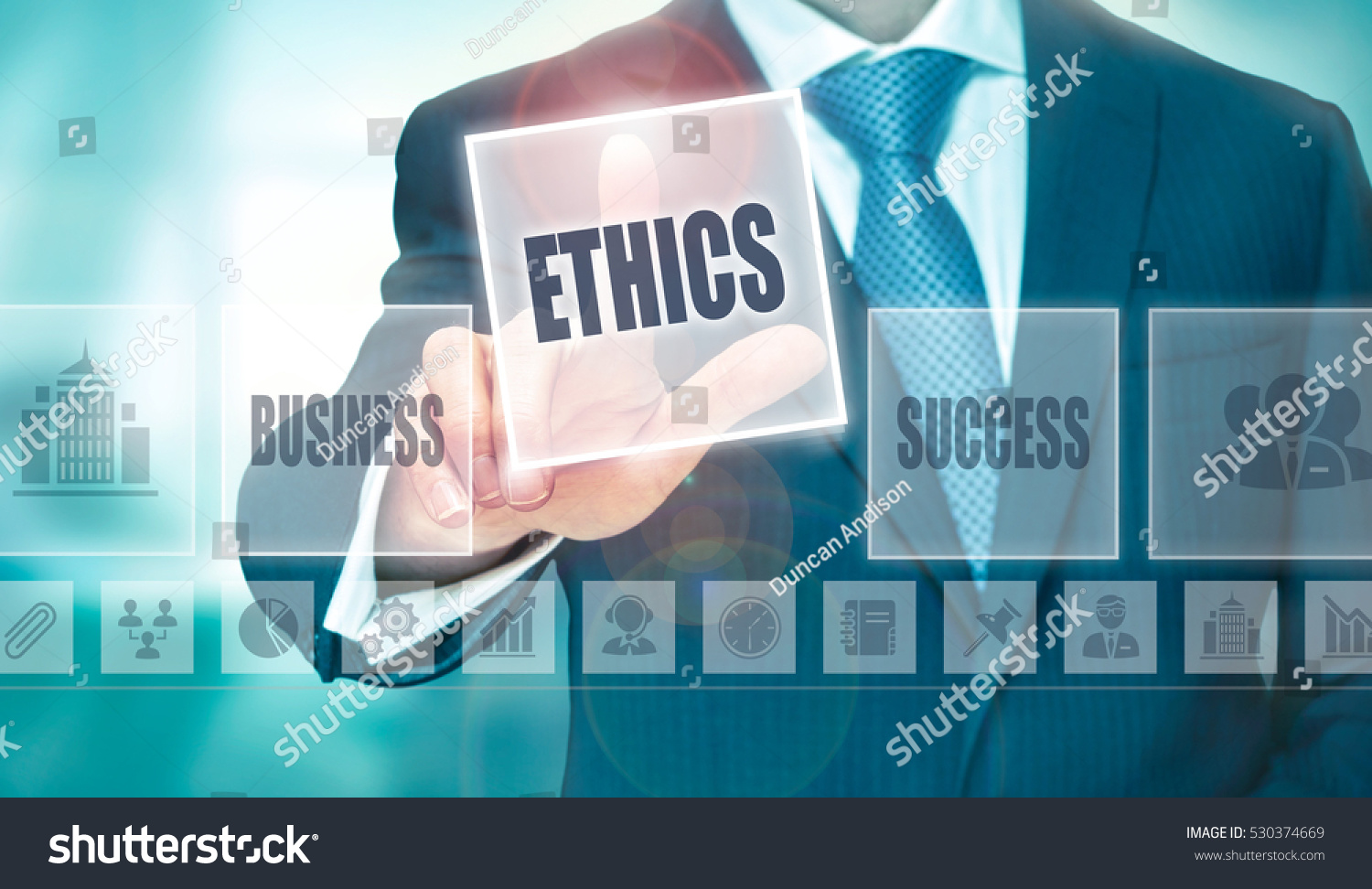| Subject Code | BUS300 |
|---|---|
| Subject Name | Practising Responsible Business Behaviours |
| Level | 300 |
| Credit Points | 3.00 |
| Type | Core |
| Pre/Co-requisite | None |
Successfully completing this subject will require you to commit to a balance of class time, pre and post work and online activities as outlined below.
Total workload
| Total No. timetabled hours: | Total No. personal study hours: | Total workload hours: |
|---|---|---|
| 33 | 77 | 110 |
Weekly study workload
| Timetabled: | Personal study: | Total: |
|---|---|---|
| 3 hours per week | 7 hours per week | 10 hours per week |
Description and rationale
This subject will equip you with a set of tools for managing the ways you lead and behave in organisations more ethically and sustainably. This subject explores aspects of ethical behaviour, sustainable development, corporate responsibility and stakeholder thinking. It provides tools to help you analyse how individuals and organisations impact on the economic, social, and environmental contexts in which they operate. You will examine why organisations around the world are moving to reduce the adverse effects of business operations on their stakeholders and to become an asset to the communities in which they operate. It introduces you to some of the most common principles and practices associated with individual ethics, corporate ethics and sustainable business practices.
Topics to be covered
Topics are often refined and subject to change. Please refer to the topics and subtopics listed in the LMS menu for this module.
Description
| Learning Outcome Description | Assessment tasks in which this learning outcome is assessed | |
|---|---|---|
| a | Identify questions of ethics and sustainability and analyse how they impact on the workplace. | 1, 2 & 3 |
| b | Apply a range of ethical frameworks and develop a vocabulary for ethical issues. | 1, 2 & 3 |
| c | Demonstrate the ability to apply the various ethical frameworks to decision making in complex issues. | 1, 2 & 3 |
| d | Analyse the impact of economic, commercial, social and environmental trends on organisation’s ethical and sustainability behaviours. | 1, 2 & 3 |
| e | Explore specific sustainability tools such as values-based management and stakeholder perspectives. | 3 |
| f | Evaluate the role of the individual as an agent of ethical and sustainable behaviour in organisations. | 3 |
Assessment tasks
| Assessment Task | Weighting | Assessment Due | Subject Learning Outcomes to be assessed | |
|---|---|---|---|---|
| 1 | Written Report- Part A (Individual) | 30% | Week 5 | a, b, c & d |
| 2 | Written Report- Part B (Individual) | 30% | Week 8 | a, b, c & d |
| 3 | Scenario Report (Group) | 40% | Week 11 | a, b, c, d, e & f |
Submitting your assessment tasks
Most assessment tasks are submitted using the Learning Management System. For more instructions on submitting the assessment tasks and specific information of the subject assessment submission requirements, please refer to the instructions in the Learning Management System.
Late submission and extension
There are penalties for late submission of assessment tasks. Please refer to the assessment section in the Learning Management System for more information on late submission penalties.
If you would like to request an extension for a submission deadline of your assessment, you need to meet the eligibility requirements.
Please refer to the assessment section in the Learning Management System for more information on late submission penalties, and requests for extensions.
Recommended learning and reading list
Textbooks
Ferrell, O. C & Fraedrich, J. & Ferrell L. (2014), Business Ethics: Ethical Decision Making and Cases, 10th ed, South-Western/Cengage Learning, Mason, OH
Firth L. 2012, Ethics in Business, Independence, Cambridge
Crane A. & Matten D. (2010), Business Ethics: Managing Corporate Citizenship and Sustainability in the Age of Globalization, 3rd ed, Oxford University Press, Oxford; New York.
Beauchamp T. & Bowie N.E & Arnold, D. G. (2008), Ethical Theory and Business, 8th ed, Pearson/Prentice Hall, Upper Saddle River, N.J
Banerjee S. B. & Ebooks Corporation, (2007) Corporate Social Responsibility: The Good, the Bad and the Ugly, Edward Elgar, Cheltenham
Journals
Academy of Management Journal
Australian journal of Professional and Applied Ethics Business & Society
Business and Professional Ethics Journal
Business Ethics Quarterly: the journal of the Society for Business Ethics. Ethical Corporation Magazine
Harvard Business Review Journal of Corporate Citizenship
Research in Corporate Social Performance and Policy Social Responsibility Journal
Currell, D. and T. D. Bradley 2012, Greased palms, giant headaches. Harvard Business Review.
Economist Intelligence Unit, 2012, Competing across borders: how cultural and communication barriers affect business, Harvard Business Review.
Meyer, E. 2015, When culture doesn't translate. Harvard Business Review:
Molinsky, A. and Cliffe, S., 2015, Companies don't go global, people do: an interview with Andy Molinsky. Harvard Business Review.
Neeley, T., 2015, Leading Global Teams: Managing SPLIT to Bridge Social Distance. Harvard Business Review.
Porter, M., and Kramer, M., 2006, Strategy and society: the link between competitive advantage and corporate social responsibility. Harvard Business Review.
Treviño L.K. & Nelson K.A., 2011, Managing Business Ethics: Straight Talk About How to do it Right, 5th ed, John Wiley, Hoboken, NJ
Websites
Asia Pacific Centre for Sustainable Enterprise
Social Responsibility Research Network
Australasian Business Ethics Network
ADDITIONAL FACILITIES, EQUIPMENT, SOFTWARE AND OTHER RESOURCES (IF APPLICABLE):
SOFTWARE
No additional software
Microsoft Teams
EQUIPMENT OR HARDWARE
No additional equipment or hardware

